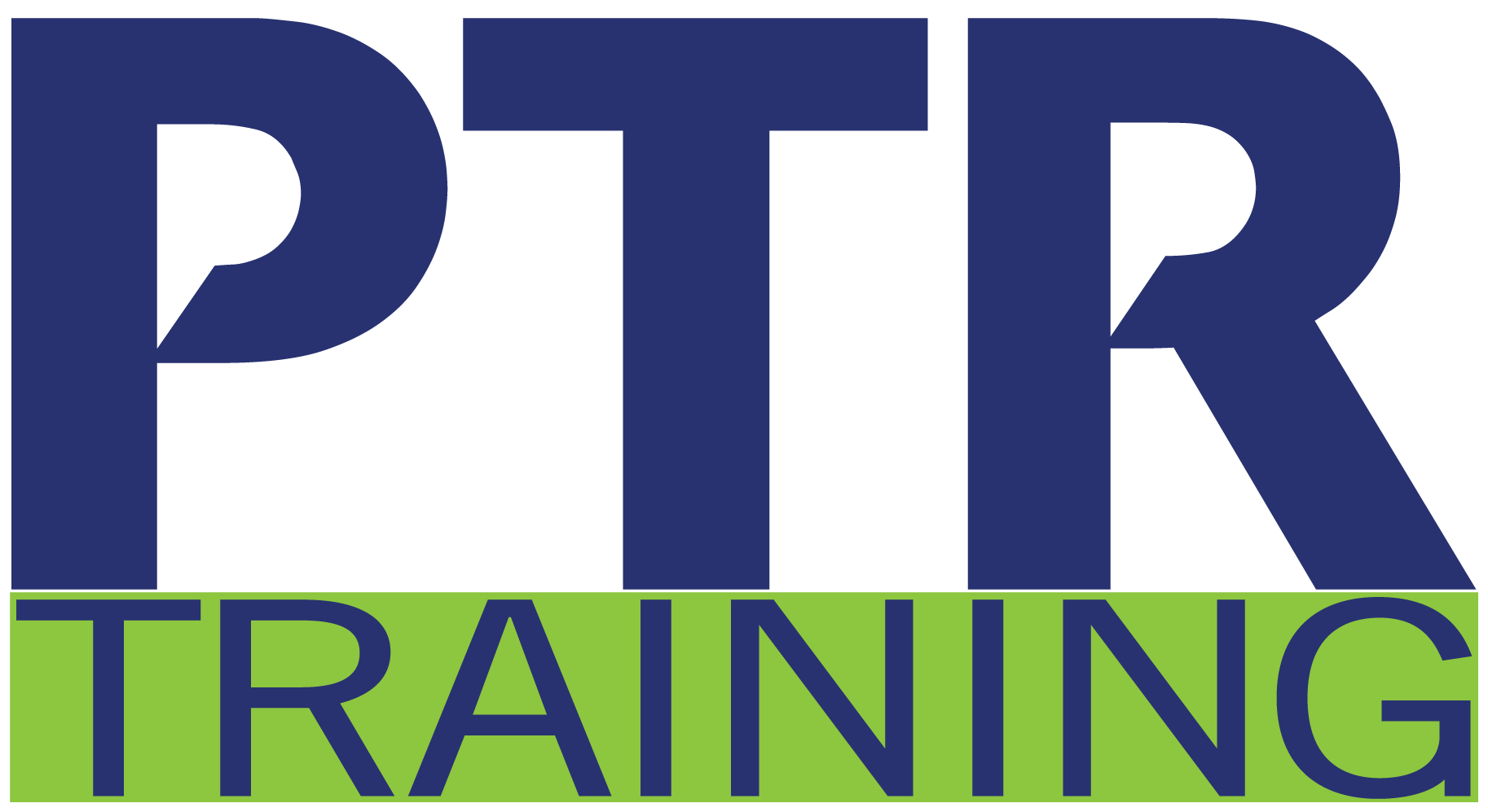This intensive course will empower organizations by cultivating a robust data culture in the workplace. You will apply insights into the critical components of a modern data culture and understand the significance of data in organizational contexts. We will equip leaders and staff with the tools and knowledge to transform your organization into a data-savvy entity.
Learning Objectives »
- Understand the characteristics of organizational data culture.
- Identify the role and requirements for leading culture growth.
- Develop data culture and data literacy.
- Apply best practices for data governance.
- Utilize a strategic approach for operational efficiency.
- Create long-term goals and vision for successful data analysis and decision-making.
Course Agenda »
Introduction to Data Culture
- Defining Organizational Data Culture
- The Importance of Data Culture
- The Role of Leadership
- Fostering a Data-Centric Environment
Critical Components of a Data Culture
- Evolving Use of Data in Organizations
- Elements of a Strong Data Culture
- Growing Your Data Literacy
- Enhancing Decision-Making
- Developing Operational Efficiency
Critical Components of a Workplace Data Culture
- Data Governance and Ethics
- Data Literacy and Workforce Training
- Setting the Tone and Creating a Vision


